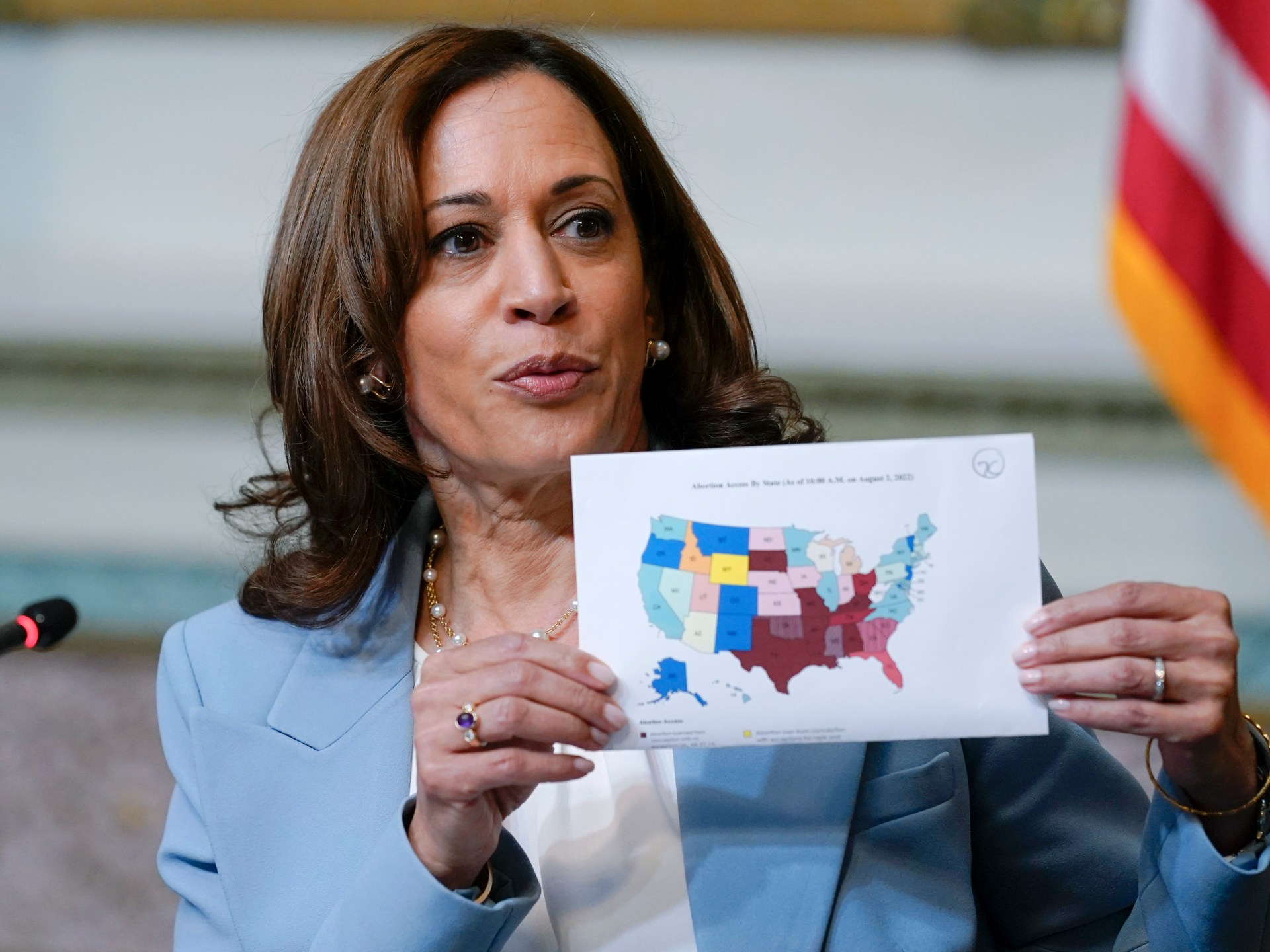Friday, April 21, 2023 | 2 a.m.
When it comes to the Department of Motor Vehicles and its policies and practices, people are not timid. They have opinions, suggestions and gripes they can’t wait to unload, and I’m still going through hundreds of responses to a recent column about driver’s license renewals for people 70 and older.
I’d written about the requirement in California — as of Jan. 1 — that anyone 70 or older who wants to renew has to go to a DMV office for a knowledge test and an eye exam. The requirement had actually been in place since 1978, but was temporarily lifted during the COVID-19 pandemic, making it possible to renew online with no hassles.
My column explored the question of whether, as some insisted, this was a case of age discrimination. Many people argued that you should be judged on your driving record, not your age. I dug up statistics suggesting that older drivers, by percentage, have fewer accidents than those in their 20s and 30s. But that’s somewhat misleading because they tend to drive fewer miles.
Reader response was all over the place.
Jeanne Schuster called the license renewal requirements “age discrimination pure and simple.”
Terry Kinigstein took the other side.
“All of my friends are at least 75, and I wouldn’t let half of them drive me anywhere,” he said.
Last year, Kinigstein managed to avoid any fender benders while driving to my house. We then got into my car and drove to a Dodgers game without incident.
But Kinigstein just renewed his license, took the written test and eye exam, and has no complaints.
“Hard for me to see the harm in requiring capable drivers,” said Kinigstein, a retired lawyer.
Two things stood out for me as I perused reader comments. A lot of people complained about the test questions. And a lot of people said it would be more useful, past a certain age, to require driving, rather than written, tests.
Carolyn Bryant said she’s been driving for 57 years, spent a Saturday studying the driver handbook, took five practice exams on a Sunday and thought she was ready.
“I was wrong,” said Bryant.
She flunked the test on her first try and passed on the second.
Arthur Siciliano, 87, believes the written test is the wrong way to determine whether an aging driver is capable behind the wheel. He recommends “a system for verifying that older drivers do not have any physical or mental deficiencies that would impair their ability to drive safely. Perhaps a certification from the family doctor.”
Tim Jahns, 74, said he thinks the state should require driving tests rather than written tests.
“Only an actual driving test would be likely to determine fitness or rule out those who are incapable of driving safely,” Jahns said.
One reader who agreed wholeheartedly was Mark Mitock, for whom this subject is tragically personal.
“My daughter was killed in ’98 in a marked crosswalk by a 96-year-old man who suffered from the effects of strokes and dementia,” Mitock said in an email. “He had received his last license in the mail, no questions asked.”
Brandi Mitock was 15. She and her father had just parked on Montana Avenue in Santa Monica and Brandi was crossing the street to get a snack. Mitock still remembers the “horrible sound” of “steel impacting flesh,” and he remembers his own primal scream.
The Brandi Mitock Safe Driving Act called for driving tests beginning at age 75. But only minor provisions survived the California legislative process under pressure from those who called the bill a form of age discrimination.
“You don’t have 80-year-old pilots flying planes,” Mitock argued, which is true of commercial airliners but not private planes. Mitock said that at 77, he’s still driving but unopposed to written or driving tests. He said he thinks he drives safely but believes he ought to be required to demonstrate his skills.
I’m of two minds. Many people are sharp and active in their 70s and 80s, and a driver’s license is a form of freedom that, understandably, they won’t easily surrender. And yet our vision, judgment and reflexes do diminish, and I’ll never forget how scary my father was behind the wheel when he insisted he was safer than anyone else on the road.
Mitock said states should establish task forces and start a public conversation that weighs driving rights and risks to try to come up with some balance. I don’t know if there’s a legislator, geriatric medical group or senior policy consortium that would take up the call, but I could get behind the idea.
The most important consideration, Mitock said, a quarter-century after losing his daughter, is “what’s best for public safety?”
Steve Lopez is a columnist for the Los Angeles Times.
















